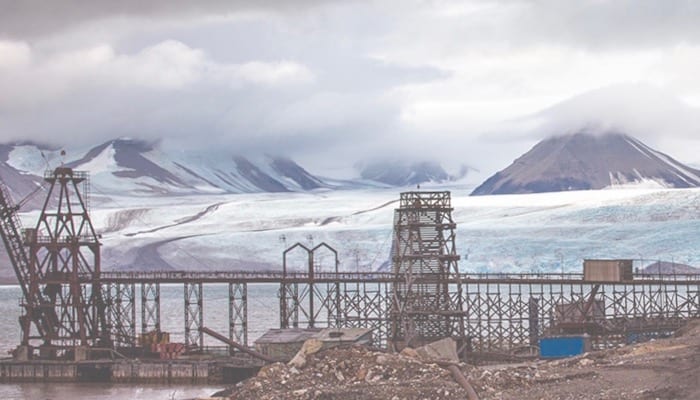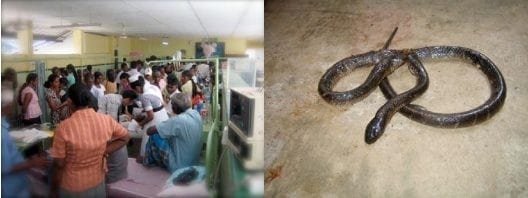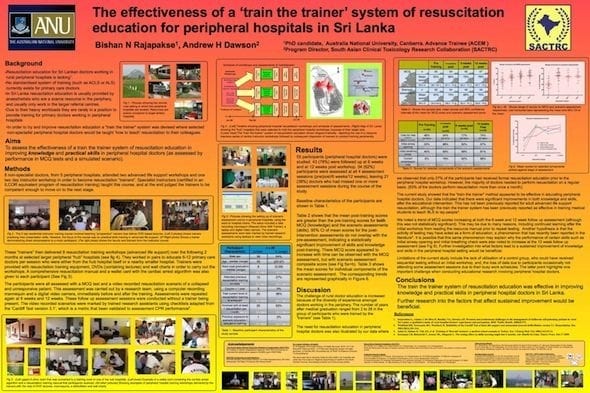A Scenic Route to Emergency Medicine
aka Postcards from the Edge 002
At LITFL we are constantly trying to find interesting and enigmatic individuals with a passion for emergency medicine to share their experiences. We have a particular passion for International Emergency Medicine and are proud to announce the arrival of Dr Bishan Rajapakse.
To help you get to know him a little better…here is a summary of his ‘scenic’ route to emergency medicine training
The Early Journey
- 1997-2000: Exploring medicine and enjoying finding the way
- Completed internship in Wellington Hospital, NZ, worked for 12 months in UK doing locum work and traveling throughout Europe and Central America
- Worked at the Royal North Shore Hospital in Sydney, doing rotations in EM and Orthopaedics.
- 2001-2004: A romance with Surgery
- Returned to New Zealand and completed basic surgical training doing registrar rotations in ICU involving retrieval work, General Surgery and Orthopaedic Surgery.
- 2005-2006: Changing career to Emergency Medicine
- Joined Australian College of Emergency Medicine – converted from Basic Surgical Trainee to Emergency Trainee
- Became an advanced trainee after passing the Pharmacology Part 1 exam and cross crediting other exams towards emergency training (incidentally this was the first time I had really was aware of the pathophysiology of organophosphate poisoning, which I later went on to study in detail – who would have thought!?)
- 2006- 2010: “Beyond the Endpoints”
- The sights, sounds and adventures of a journey in international research…
Life is not a race, but unfortunately we live on a racecourse
“Non traditional” Emergency Medicine training”
- Decided to interrupt my EM training and follow a dream of returning to Sri Lanka, the country where I was born but had never lived, with goals of exploring a culture, doing community work, travelling and taking time out.
- Wrote to the College of Emergency Medicine and gained pre approval for doing a period of training in clinical research.
- Started working and training “outside the box” by jumping into the deep end with international travel and research!
Embarked on journey of clinical research
- Signed up with the Australian National University for an MPhil (research masters degree) whilst doing work in Sri Lanka with the South Asian Clinical Toxicology Research Collaboration.
- Experienced the good fortune of working closely with eminent toxicologists and academics, both from Australia and overseas, via my supervisors and a community of collaborators who were affiliated with our research collaboration, the South Asian Clinical Toxicology Research collaboration
Tropical Toxicology
- Exposed to clinical toxicology which included the management of Phase 2 randomised controlled trials, investigating antidotes for the treatment of Organophosphorus poisoning, MCPA and Oleander poisoning, as well as trials investigating anti-venom for snake bite envenomations.
- Wrote an article titled “Poisoning in Paradise — an Emergency Medicine registrar’s experience in Sri Lanka” for the ACEM international EM newsletter detailing my initial experience in tropical toxicology
Research on OP poisoning
- Carried out research looking at the impact of a bedside field kit for measuring acetylcholinesterase patients suffering from OP self-poisoning.
- Gained experience in successfully writing ethics committee applications and carrying out clinical trials.
Resuscitation Education using Teacher Training and Simulation:
- Took the opportunity to design a research project based on my own ideas and aspirations, addressing an educational area of need that I identified through my initial field work
- Carried the educational study testing the “effectiveness of a train the trainer system of resuscitation education amongst rural Sri Lankan doctors” (funded by the Wellcome Trust)
- Successfully trained 8 peripheral hospital doctor trainers and certified 75 rural doctors participants with competence with ACLS level resuscitation as a result of the project
- In addition I was able to contribute some of my research work to make up the national module for resuscitation training in Sri Lanka, which was an honor and a highlight.
Academic EM and International EM
- Opportunity to attend committee meetings for the “development of postgraduate emergency medicine post graduate training”
- Met leaders of Medical Education in the Sri Lankan system, attending their national conference, and spoke within my field
- Met visionaries in Emergency Medicine at the inaugural conference of the Sri Lankan EM society (see pg 15 in attached PDF)
- Worked with some inspirational ACEM fellows and founders of the International Emergency Medicine Special Interest group (IEMSIG) eg Chris Curry from Perth, and Gerard O’Reilly and Peter Cameron from Melbourne
- Presented research at the Asia Pacific Toxicology conferences in Colombo (Sri Lanka) 2006, Bankok (Thailand) 2007, Chandighar (India) 2008
- Spoke international emergency medicine conferences on “International EM”, “Rural Medical Education” and “Toxicology”
- IFEM – Cape Town, South Africa 2007
- ICEM – Singapore, 2010
Saving the best for last … the “Culture Experience”
- Had loads of fun, met amazing people, and expanded my horizons
- As with any form of travel perhaps the fun, adventure and relationships developed along the way are the richest of the experiences gained. (ie it is not only about what you went there to do, but the fruits that were enjoyed along the way)
- The sounds, the sights, the food, the waves, the people, and last but not least the generosity and kindness that I encountered so often and so frequently is something that I will be grateful for eternally
- Video with clips of some of the sights and sounds of the journey (won 3rd prize at the ANU research festival competition)
The next frontier
- Finish off my PhD and Emergency Medicine Training!
- Write up of the thesis – “Improving the medical management of organophosphate poisoning through research and medical education”
- Working part time at the Prince of Wales Emergency Department, POW, Sydney, Australia
Acknowledgements
- Whilst the research was so much of an adventure, the writing up of the thesis has so far been a tediously slow process. Returning to Emergency Medicine training after a 4 year break from working in a developed world urban tertiary hospital setup has been a great challenge, but a worthwhile one.
- I am thankful for the support of my co-registrars and senior staff at the Prince of Wales Emergency Department, over the past 6 months, and to my supervisors and the University for granting me extensions.
- I am also grateful to our college for its vision in granting me time to carry out this non-traditional training, as well as for accrediting components of my research towards advanced training in Emergency Medicine.
- Last but not least, I would like to express my sincere gratitude towards an inspirational EM physician and educator, Paul Quigley, who was my DEMT in Wellington back in 2005 and I would like to dedicate this article to him. He was supportive of my decision to taking time out, and he also fortuitously recommended that I try out research referring me in the direction of my current PhD supervisors-Thanks Paul!

POSTCARDS
from the edge
Chris is an Intensivist and ECMO specialist at The Alfred ICU, where he is Deputy Director (Education). He is a Clinical Adjunct Associate Professor at Monash University, the Lead for the Clinician Educator Incubator programme, and a CICM First Part Examiner.
He is an internationally recognised Clinician Educator with a passion for helping clinicians learn and for improving the clinical performance of individuals and collectives. He was one of the founders of the FOAM movement (Free Open-Access Medical education) has been recognised for his contributions to education with awards from ANZICS, ANZAHPE, and ACEM.
His one great achievement is being the father of three amazing children.
On Bluesky, he is @precordialthump.bsky.social and on the site that Elon has screwed up, he is @precordialthump.
| INTENSIVE | RAGE | Resuscitology | SMACC





